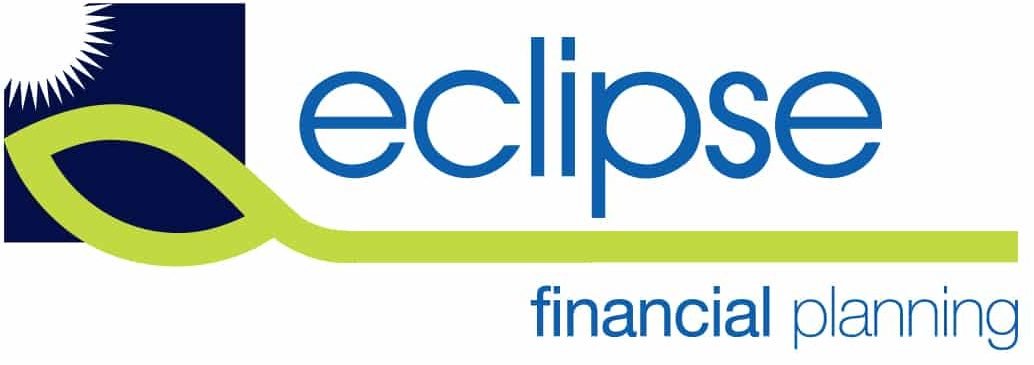Have you taken a hands-on approach to retirement with a self-managed super fund? Speak to your financial adviser about what you’ll need to do.
The headlines have been awash with news about superannuation lately, especially off the back of the federal budget. It’s been something like a tennis ball – rallied back and forth but no clear winner coming out on top.
Luckily, Australians don’t seem to be paying too much attention. In fact, a Roy Morgan survey found that 35.8 per cent of respondents felt they need to do something about planning for their financial future in retirement. If you’re thinking about how to prepare yourself for your retirement in the Whitsunday Shire and surrounding areas, you might be someone who likes a more hands-on approach.
A self-managed super fund (SMSF) could be a great route to take. So, what do you need to know about being a member of this kind of fund? Here are a couple of tips to point you in the right direction:
Keeping the records straight
As a trustee of an SMSF, you’ve got a couple of administrative tasks to keep on top of. In essence, you take on the role of a director and a trustee in one – you’re in charge of keeping the fund’s tax records in good working order and up to date, and as accurate as possible. Remember: You’ll need to supply these documents to your fund’s auditor somewhere along the line, as well as to the Australian Taxation Office (ATO) when you lodge a return, for instance – it’s crucial to get the finer points correct.
One benefit of an SMSF is that you and other trustees can decide on the strategy you want the fund to go with, whether involving property investment or other ventures. However, you’ll need to keep note of all these decisions, including whether or not all members agreed and why that choice was made. Ensuring the success of your fund’s investments is incredibly important – your financial adviser can help pick out and weigh up your options.
Choosing an auditor
According to the ATO, once a year, the fund will need to lodge an annual return – even if no payments or contributions have been made over the financial year. This means one thing: An audit. Just like an accountant will go through your personal finances, an auditor picks through the fund’s financial statements to make sure you’re meeting all legal obligations.
This person or company has to be independent from your SMSF – meaning they can’t be a member or have prepared the accounts. As well, they need to be registered with the Australian Securities and Investments Commission.
The beauty of self-managed super funds is that they let you set your own course to retirement, but there can be a fair bit of work involved. If you’re wondering what your responsibilities are or whether they’re right for you, have a chat with your financial adviser.

